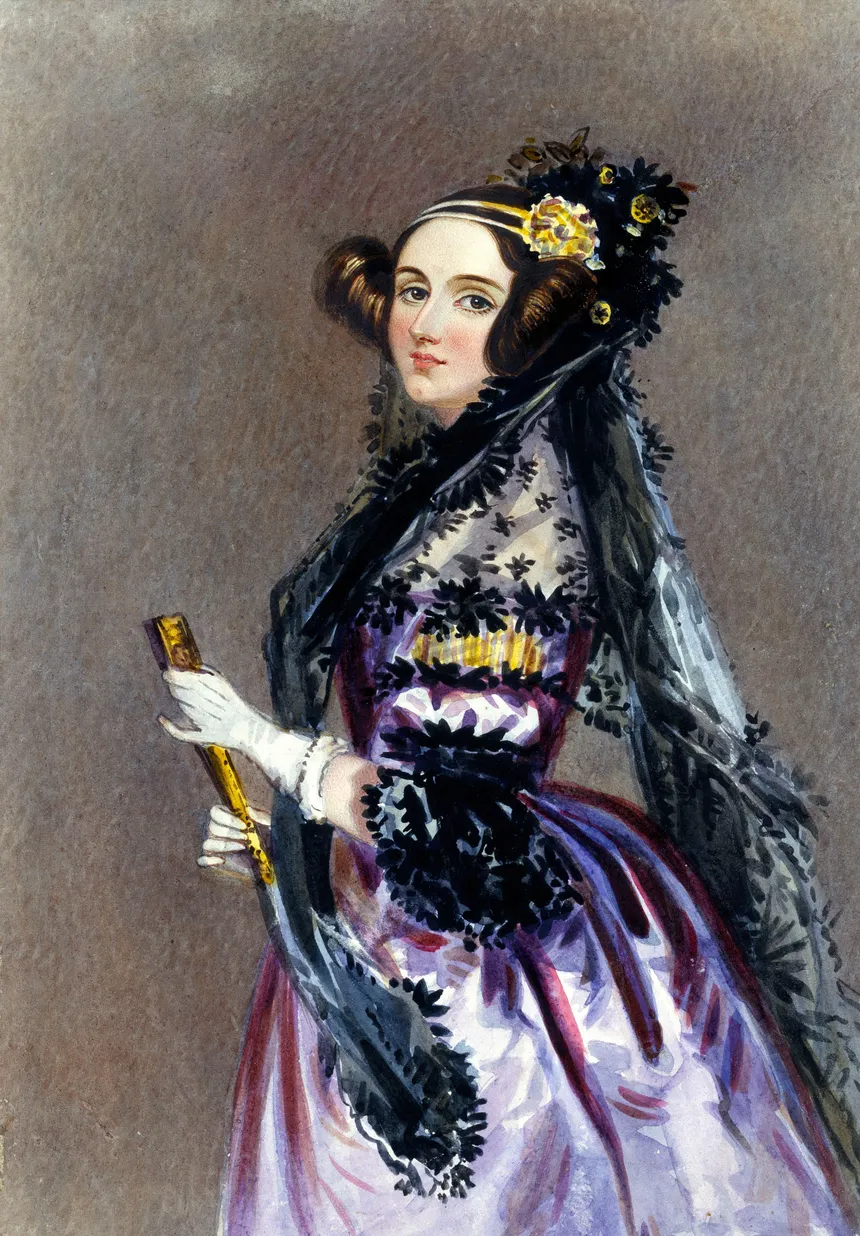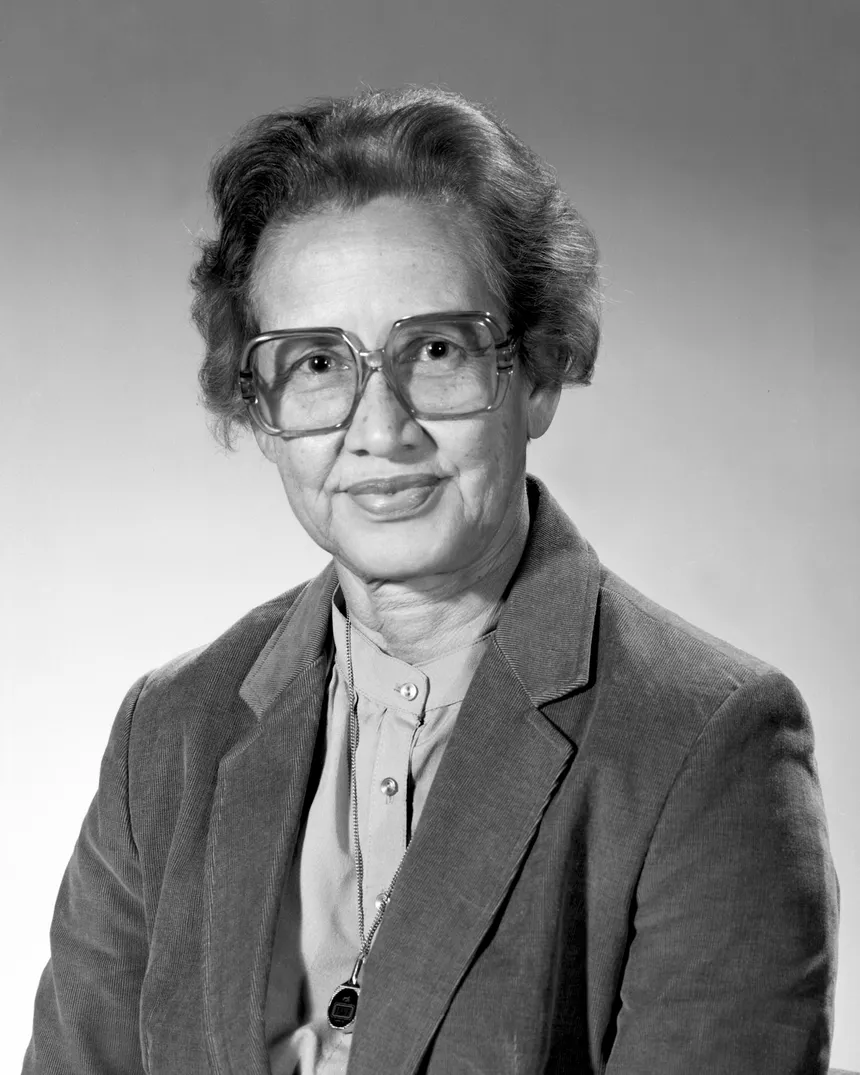TechHer: Empowering Women in the Digital Age
 Akash Dev
Akash DevTable of contents

Welcome, dear readers, to the new blog. As a feminist, observing the conditions around us, I felt it would be great to discuss women in tech. In this series of articles, I'll delve into the importance of women in tech and share some facts and figures.
But before that, let's understand why women's participation is necessary in the technology sector. If you think men can handle all the work, let me tell you something.
Nearly half of the population are women, and it should be understood by everyone that half of the product manufacturing, engineering, and marketing should be done by women.
The lack of women in tech means that female consumers are being underrepresented. If women use tech frequently, why is the majority of tech being designed exclusively by men?
According to Harvard Business Review, if we increase women in tech, the global GDP could raise by 3-6 percent. That translates to between 2.5-5 trillion dollars of a boost to the global economy. Isn't that fascinating?

We are living in a time where every sector in society is becoming a tech sector, and there are outstanding gender gaps in digital technologies, especially in AI. Let's see some statistics: 20% of employees in major ML companies are women, 12% of AI researchers globally are women, 6% of professional software developers are women. Now a question arises: why so little participation? Was it always like this? If not, then why now? To know that, let's go through history.
Historical Perspective
We've had great women in this field who have shown their capabilities in various tech domains.
You must have heard the name of Ada Lovelace, who was the first computer programmer. We write so many codes every day and make so many programs, but it's fascinating to know that the first computer programmer was a woman. Everyone knows that Charles Babbage is the father of the computer, but we should know that Babbage only built a small part of the Analytical Engine, but Lovelace's efforts have been remembered.

Next, we have Grace Hopper, who designed the world's first compiler, and she had also worked on Mark 1, the first large-scale automatic calculator, and a precursor of electronic computers. She wrote the first computer manual, A Manual of Operation for the Automatic Sequence Controlled Calculator (1946).

Katherine Johnson calculated and analyzed the flight paths of many spacecraft during her more than 30 years with the U.S. space program. Her work helped send astronauts to the Moon. She was the first woman in her division who received credit as an author of a research report. She was also part of the Apollo 11 mission. In 2016, NASA named a building, the Katherine G. Johnson Computational Research Facility, after her.

Now, these women, about whom I talked just now, are just mere examples that women are not less, and they have shown their worth many times and will continue to do so. The work of these people has laid the foundation for women's involvement in tech. Now it's our turn.
Current Landscape
Although we have great examples in the past, looking at the current landscape doesn't look that promising. Let's have a look at some statistics.
The proportion of women working in tech is now smaller, at 32%, than it was in 1984, at 35%.
There is a 10 percentage point difference between men and women undergraduate computer science (CS) degree holders.
According to SlashData’s 2023 State of the Developer Nation report, 22% of all developers identified as female in Q1 2023.
According to DDI’s 2023 Global Leadership Forecast, which surveyed 1,827 human resources professionals and 13,695 business leaders from over 1,500 companies around the world, the share of women in tech leadership roles has fallen to 28%.
Startup Genome surveyed over 5,469 respondents across 67 global ecosystems between September 2016 and November 2022 and found that an average of only 15% of tech startup founders were female.
Looking at these things, you may think that where things went wrong?
There could be many reasons for that, but it's important for us to raise our voices and share the opportunities available currently, especially for women.
Here's a link to an article which discusses the opportunities for women. Do give it a read.
In this blog, I've discussed the Historical perspective and the current landscape of women in tech; however, this isn't the end. Further, I'll also share more such content related to women in tech, so subscribe to my newsletter to never miss an update.
Also, if you find this article helpful, then don't forget to like and leave a beautiful comment that will motivate me to keep writing such content. Thanks.
Subscribe to my newsletter
Read articles from Akash Dev directly inside your inbox. Subscribe to the newsletter, and don't miss out.
Written by

Akash Dev
Akash Dev
Hello! My name is Akash Dev and I am a computer science student with a passion for technology. I started this blog as a way to document my learning journey and share my knowledge and insights with others who are also interested in the field of computer science. I cover a wide range of topics including programming languages, software development, and emerging technologies. I hope my blog will be a valuable resource for anyone looking to learn more about computer science and technology. Join me as I explore the fascinating world of computer science and discover new things together.